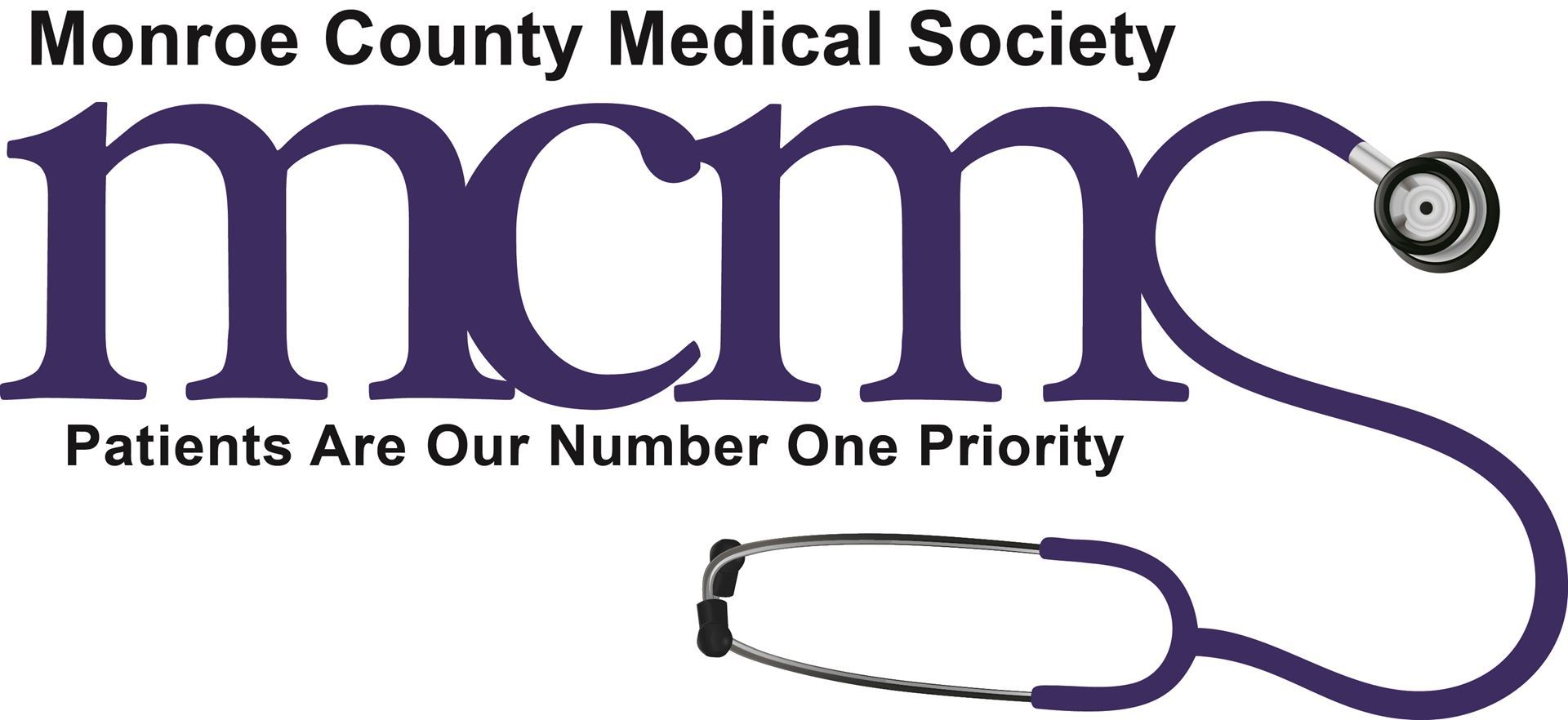Course Summary:
The following resources are required for use during this course and exam, and must be purchased separately:
Current year editions: CPT®, HCPCS, ICD-10-CM, a medical dictionary (any year) is also required. See the “Requirements” tab for more information about these reference materials.
Curriculum:
The CMC online preparatory course consists of 29 hours of high-level coding instruction and practice exercises led by a PMI-approved Instructor.
Course Outline:
- Medical Terminology
- Makeup and pronunciation of medical terms/words
- Key review of the human body systems, illustrations, and review of anatomic position and directional terms
- Root words, prefixes, suffixes, and supplemental terms
- Combined forms associated with medical conditions
- Definitions for common medical abbreviations
- Analysis of physician orders and narratives
ICD-10-CM Coding
- Instruction on the guidelines, organization, and groupings of ICD-10-CM
- Accurate translation of medical terminology for diseases into codes
- Designation of symbols, punctuations, abbreviations, keywords, unspecified codes, and other coding conventions
- ICD-10-CM subcategories, classifications, and extensions
- Outline of the complete coding and reimbursement equation
- Primary vs. secondary code selection
- Diagnostic coding guidelines such as laterality, sequelae, etc.
- Differentiate between signs/symptoms and ill-defined conditions and a diagnosis
- Correct rules and guidelines for assigning codes for neoplasms, adverse effects, pregnancy, childbirth, wounds, burns, injuries, HIV/AIDS, etc.
- Unsubstantiated and borderline diagnoses
- Application of ICD-10 coding conventions
- How to determine the accurate diagnostic code order
- Proper use of tables
- Problem set coding exercises for hands-on comprehension
Procedural Coding - CPT® and HCPCS
- Key elements of physician documentation that drive the assignment of CPT codes
- Accurate code assignment through the application of coding guidelines
- HCPCS/CPT coding process and steps
- Format and conventions used in the HCPCS/CPT coding manuals
- Global and unbundled procedures, and their impact on coding in CPT
- Identify unlisted procedures and how to bill them
- Modifier usage for appropriate reimbursement and efficient claims processing
- Evaluation and management service types
- E/M guidelines and levels of service
- Medical record documentation as related to the application of E/M coding
- Bundled services guidelines for surgery coding
- New versus established patient guidelines
- Surgery coding guidelines
- Hands-on exercises coding common procedures and services provided by physicians
Ancillary Services & Advanced Coding
- Maternity and delivery services
- Types of radiology services
- Technical and professional component distinction
- Billing supervision and interpretation (S&I) services
- Laboratory procedure types
- Billing for qualitative detection versus quantitative detection
- Billing laboratory panel tests
- Types of pathology services
- Coding services in the medicine section
- Billing for the administration of vaccines and immunizations
- Types of dialysis
- Guidelines used to assign ophthalmologic examinations
- Advanced coding problem set exercises
Requirements:
The Certified Medical Coder (CMC) is designed for experienced coders that have a minimum of one year of work experience as an outpatient medical coder. All candidates are encouraged to complete PMI’s free online Medical Coding Assessment to test their base knowledge and identify areas of deficiency where training may be beneficial in advance of the course. Candidates with less experience or wishing to brush up on their skills may consider completing the Principles of Coding before beginning the more intensive certification course.
Fundamental Training Recommendation
Inexperienced coders and those new to the field will benefit from fundamental training prior to attempting the Principles of Coding course referenced in the paragraph above. The Medical Coding Basics Bundle is a four-part series that covers the fundamentals of coding guidelines as well as an introduction to CPT, ICD-10-CM, and E/M coding.
Required Self-Supplied Materials
Students must have access to current editions of CPT®, HCPCS, ICD-10-CM, and a medical dictionary throughout the course and on the exam day. These coding reference materials are updated annually. The ICD-10-CM code set manual is valid through September 30 of the calendar year noted on the cover. The codes for the subsequent year go into effect on October 1 each year. CPT and HCPCS code sets are effective for the calendar year period beginning January 1 and ending December 31. PMI certification course students should utilize coding resources that are current at the time of their participation in the course and exam. Candidates that schedule an exam appointment for the next calendar year should bring coding books that are current on the date of their exam.
Practice Management Institute (PMI) used current AMA published versions of the three coding manuals in the preparation of this course and exam. While the usage of these materials does not in any way indicate the endorsement of a particular brand by Practice Management Institute, these resources are recommended to minimize potential discrepancies in coding information provided. Students should also be aware that the AMA publishes the only CPT® codebook with the official CPT guidelines. PMI does not sell medical coding books, but they are widely available for purchase or lease through a variety of nationwide publishers and retailers.
Exam
Earning CMC certification requires a passing score of 70 percent or better on the written exam. All exams are proctored live in testing centers across the country. Candidates have up to six hours to review questions and coding books and write in their answers based on the criteria given. Codes selected must designate the highest degree of specificity based on the documentation provided using current coding reference books. Exams are hand-graded and verified twice. In an age of digitized grading systems designed to simplify the grading process, PMI stands by its resolute exam standards as the most accurate measure of a CMC candidate’s coding ability.
For more details, here is the PMI CMC flyer.pdf
Presented by:

This program is approved for 29 CEUs.
MCMS may photograph this event for marketing purposes. Unless this permission is revoked in writing to MCMS, by virtue of their attendance, all program participants agree to the use of the event photo in MCMS marketing.
